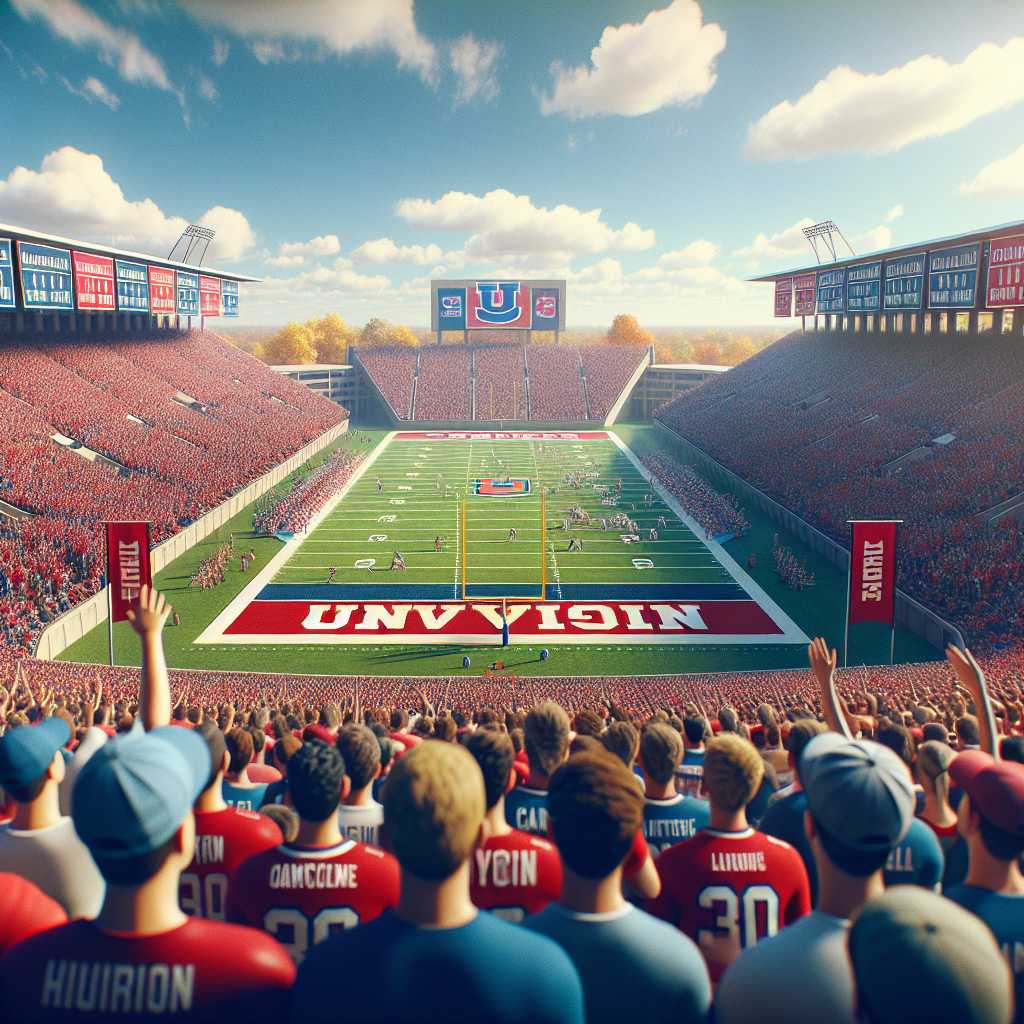Ole Miss Rebels Football: A Storied Program in Collegiate Sports History
The University of Mississippi, affectionately known as Ole Miss, boasts an American football program rich with tradition and history. Its team, the Ole Miss Rebels, competes in the Southeastern Conference (SEC) of the NCAA’s Division I Football Bowl Subdivision (FBS), holding its own against some of the toughest competition in college sports. This article delves into the facets of Ole Miss football, ranging from its storied past and current standing within college football to its influential culture, famous alumni, and commitment to excellence.
The Foundation of Ole Miss Football
The University of Mississippi fielded its first football team in 1893, setting the stage for over a century of football tradition. From those nascent days, Ole Miss fashioned a significant presence in Southern football. Early successes helped establish a firm groundwork for the solid reputation that would come to define Ole Miss football across eras.
Periods of Greatness and Challenges
Through the decades, Ole Miss has enjoyed periods of dominating success while also facing challenges innate to competitive sports. It has claimed several conference championships, produced All-Americans, and seen victories in major bowl games. Some years have brought less success, testing the resolve of players, coaches, and fans alike. Changes in coaching staff, athletic department leadership, and the sheer cyclical nature of collegiate sports success stories have all contributed to the ever-changing landscape of Ole Miss Rebels football.
Iconic Coaches and Players
Ole Miss has been shaped enormously by some of collegiate football’s most memorable figures. Perhaps most noteworthy is legendary coach John Vaught who, during his tenure from 1947 through 1970 and again briefly in 1973, steered the Rebels to multiple SEC championships and national prominence. His impact on the program was so profound that the playing catwalk at Vaught-Hemingway Stadium bears his name.
The program has not just been a crucible for great coaches but also for extraordinary players who have left their mark both in college and the professional ranks. Names like Archie Manning, whose legacy extends beyond his incredible talent on the field to being the patriarch of one of football’s most celebrated families, have adorned the rosters over the years.
The Modern Era: Strategies and Achievements
As with all Division I programs, Ole Miss continuously adapts to the modern strategies of college football. This entails technological advancements in player training and performance analysis as well as changes in coaching tactics. In recent years, Ole Miss has showcased dynamic offenses and aggressive defensive schemes designed to contend within the powerhouse SEC.
On another positive note, the team has appeared in several post-season bowl games. These achievements emphasize that despite stiff competition, Ole Miss remains a persistent presence among college football conversation.
Vaught-Hemingway Stadium: Heartbeat of Rebel Football
At the center of Ole Miss football is Vaught-Hemingway Stadium, home to Rebel home games since its opening in 1915. Expanded and renovated numerous times over its life, this stadium embodies the deep ties between Ole Miss football and its community. It serves not just as a battleground for Rebel games but also as a common unifier where tradition, tailgating, and ‘The Grove’—the legendary tailgating area—fuse on game days to generate an unrivaled Southern college football atmosphere.
Impact on Culture and Identity
For many at Ole Miss and within Mississippi at large, Rebel football exceeds sport—it binds communities and represents a common cultural identity. Whether relishing victories or enduring losses, fans find solidarity through it.

